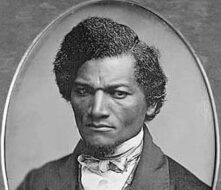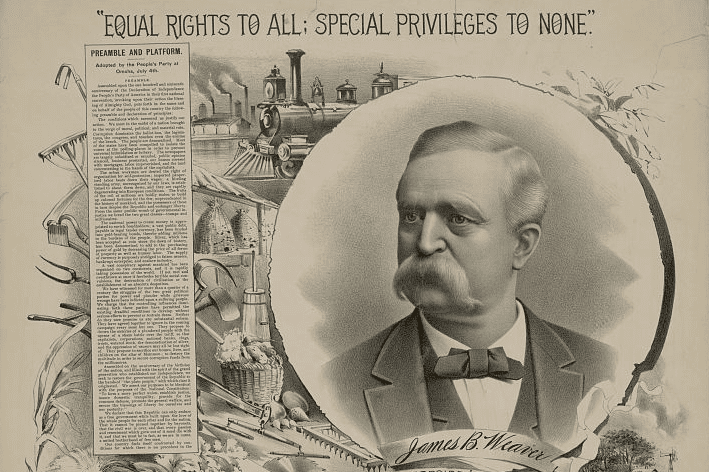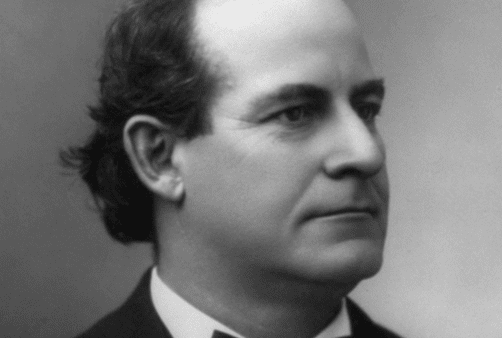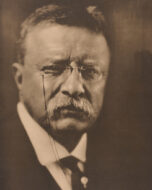
Introduction
Born into a large family of reformers and religious leaders, Catharine Beecher (1800–1878) began writing about domesticity, female education, and piety while she was just a teenager. Women’s work had become undervalued, Beecher argued, and thus, women themselves were treated as inferior to men; even worse, women in the middle and higher classes of society were treated as if they ought never even to work at all. Nevertheless, Beecher resisted attempts to define equality for women by eliding the differences between the sexes; she argued that these were a matter of nature. Genuine equality for women would come when both sexes recognized the value of women’s work as nurturers and moral instructors both at home and in public. (Indeed, Beecher was the not-so-secret author of a circular letter exhorting American women to petition Congress against Andrew Jackson’s “Indian removal” policies in the late 1820s.)
Source: Catharine E. Beecher, Woman’s Profession as Mother and Educator, with Views in Opposition to Woman Suffrage (New York: Maclean, Gibson & Co., 1872)
I appear this evening to present the views of that large portion of my sex who are opposed to such a change of our laws and customs as would place the responsibility of civil government on woman.
This may be done without impugning the motives, or the character, or the measures of that respectable party who hold the contrary position. As in the physical universe the nicely balanced centripetal and centrifugal forces hold in steady curve every brilliant orbit, so, in the moral world, the radical element, which would forsake the beaten path of ages, is held in safe and steady course by the conservative; while that, also, is preserved from dangerous torpor by the antagonistic power.
And so, while claiming to represent the conservative element, I meet with respect and kindness my centrifugal friend.
First, let me state the points in which we agree, that we may more clearly appreciate those in which we differ.
We agree, then, on the general principle, that woman’s happiness and usefulness are equal in value to those of man’s, and, consequently, that she has a right to equal advantages for securing them.
We agree, also, that woman, even in our own age and country, has never been allowed such equal advantages, and that multiplied wrongs and suffering have resulted from this injustice.
Finally, we agree that it is the right and the duty of every woman to employ the power of organization and agitation, in order to gain those advantages which are given to the one sex, and unjustly withheld from the other.
My object, in this address, is not to discuss the question of woman’s natural and abstract right to the ballot, nor to point out the evils that might follow the exercise of this power, nor to controvert the opinions of those advocating woman’s suffrage in any particular point.
Instead of this, I propose, first, to present reasons for assuming that it must be a very long time before woman suffrage can be gained; so that the evils it is hoped to cure by the ballot would continue and increase for a long period; and, secondly, to present another method for gaining the advantages unjustly withheld; and thus to remedy wrongs which both parties are seeking to redress.
The first reason for believing that the gift of the ballot must be long delayed is that it is contrary to the customs of Christian people, by which the cares of civil life, and the outdoor and heavy labor which take a man from home, are given to the stronger sex, and the lighter labor and care of the family state to woman.
. . . And the charge of these outdoor responsibilities would be assigned by the ballot; and not alone to that class of women who are demanding woman suffrage, but to our whole sex. . . .
. . . It is in view of such considerations that, at the present time, a large majority of American women would regard the gift of the ballot, not as a privilege conferred, but as an act of oppression, forcing them to assume responsibilities belonging to man, for which they are not and cannot be qualified; and, consequently, withdrawing attention and interest from the distinctive and more important duties of their sex. For the question is not whether a class of women, who have no family responsibilities, shall take charge of civil government; but it is whether this duty shall be imposed on the whole of our sex. With the chivalrous tenderness toward woman so prevalent in our nation, this would never be done till at least a majority of women ask for it; and the time must be afar off ere such a majority will be found. . . .
Now let us notice the various and difficult duties that are demanded of woman in her ordinary relations as wife, mother, housekeeper, and the mistress of servants. . . .
The departments of practical life, to which the majority of women are ordained, ought to receive the honors and aid of lectures, professorships, endowments, and scientific treatment; the same as is bestowed to fit men for practical life. The care of a house, the conduct of a home, the management of children, the instruction and government of servants, are as deserving of scientific treatment and scientific professors and lectureships as are the care of farms, the management of manure and crops, and the raising and care of stock. . . .
For young men we find endowed scientific schools to teach them agricultural chemistry, that they may learn wisely to conduct a farm; why should not women be taught domestic chemistry and domestic philosophy? . . .
Again, young men are provided with lectures on political economy, while domestic economy, as yet, has not been so honored. Most women come to the duty of providing for a family utterly ignorant of the science of comparative values, and of the greater or less economies of the articles they are to provide and preserve.
But the most important of all the departments of a woman’s profession is one for which no college or high school for women has made any proper provision.
Woman, as mother and as teacher, is to form and guide the immortal mind. She, more than anyone else, is to decide the character of her helpless children, both for this and the future eternal life. And for this, liberal provision should be made; so that no woman shall finish her education till all that science and training can do shall be bestowed to fit her for this supernal duty. . . .
The present agitation as to woman’s rights and wrongs is the natural and necessary result of the want of appreciation and neglect of the claims and duties of the family state. It is the manifest design of our Creator that each man should seek a wife and establish a family. And the family state has two ends to be accomplished; one is the increase and perpetuity of our race, and the other is its education and training; not chiefly to enjoy this life, but mainly to form a character that will secure endless happiness in the life to come. . . .
. . . The question in its simplest form is this, What is to be done to secure the highest usefulness and happiness of woman as a sex, when marriage and the family state are more and more passing away? Our customs and our laws are all framed on the assumption that women are to be supported by husbands to rear up families; and yet marriage and the family state are more and more avoided. And what is the remedy to be sought? Will the ballot relieve this difficulty? Can any laws be enforced that will oblige men to marry? And if not, what are we to do to meet the emergency? . . .
The remedy for all this would soon be achieved were woman’s work elevated to an honorable and remunerative science and profession, by the same methods that men have taken to elevate their various professions. The establishment of Woman’s Universities, in which every girl shall secure as good a literary training as her brothers, and then be trained to some profession adapted to her taste and capacity, by which she can establish a home of her own, and secure an independent income—this is what every woman may justly claim and labor for, as the shortest, surest, and safest mode of securing her own highest usefulness and happiness, and that of her sex; a mode which demands only what, if once achieved as practicable, every intelligent and benevolent man would approve and delight to promote. . . .
As previously indicated, the main causes of the evils that now press on my sex are the want of appreciation of the honor and duties of the family state, and the decrease of marriage, owing to war, emigration, self-indulgence, and vices consequent on increase of civilization and wealth. . . .
While I would urge these views on the attention of all women who have any influence, I beg leave to suggest other modes by which the same ends may be promoted. Thus, every cultivated woman who dignifies domestic labor, by living in such a style as enables her to work herself, and to train her sons and daughters to work with her, is a co-laborer in this beneficent enterprise. Every woman who goes to her kitchen in the spirit of Christ, by self-denying efforts to train her servants to intelligence, honesty, and benevolence, is another blessed laborer on the same field. Every young lady who seeks to impart some of her advantages to those who labor in her service will be preparing to hear from their and her Lord, “Inasmuch as ye did it to these the least of my brethren, ye did it to me.” Every school-teacher who trains her pupils to value home labor, and to learn to do all woman’s proper work in the best manner, is also a minister of good to the family state. Every woman who uses her influence to introduce sewing into public schools, or to establish sewing-schools among the poor, is another co-laborer for the same high aim. Every woman who can bring the views here presented to the notice of wealthy and influential men and women, may be sowing seed that will yield rich fruits even for ages to come, by endowments secured through such quiet influences. . . .
Our good friends of the women suffrage cause often liken their agitation to that which ended the slavery of a whole race doomed to unrequited toil for selfish, cruel masters. When so many men are toiling to keep daughters, wives, and mothers from any kind of toil, it is difficult to trace the resemblance. . . .
Science and Theology
September 07, 1872
Conversation-based seminars for collegial PD, one-day and multi-day seminars, graduate credit seminars (MA degree), online and in-person.


































































































